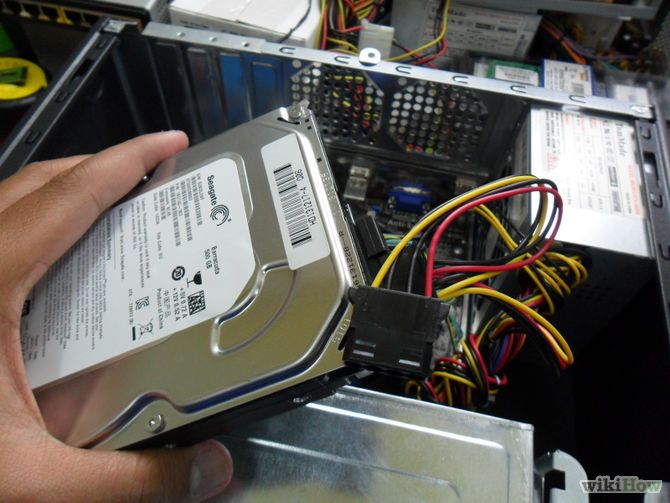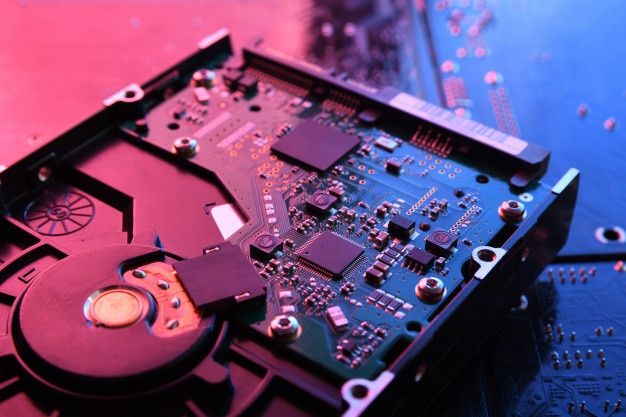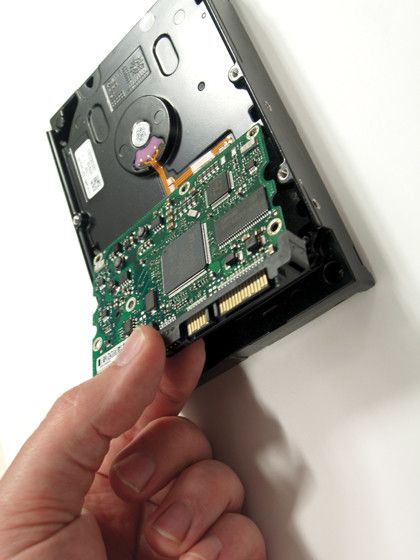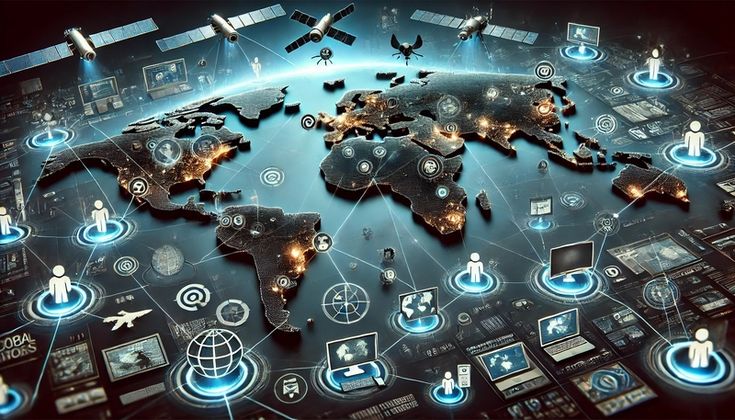In the digital age, we are used to measuring existence by pixels and bytes. Our photos, chat records and social media dynamics are all the mappings of life in the data stream. But when the real end comes, where will our desire for eternity go?
Digital immortality, a concept that once existed only in science fiction, has now become a reality in the laboratories of technology giants and the whiteboards of start-ups This is not the bionic man in Westworld, nor the extravagant and flashy virtual world in Upload. It is more like a silent funeral, in which a person's consciousness, memory and personality are stripped from the body in a cold and programmable way and migrated to the vast universe of silicon-based chips.

The core of this migration is mind uploading. Scientists are exploring how to build a detailed "neural map" through high-resolution brain scanning technology. This is not only to describe the physical connection between neurons, but also to capture the electrochemical activities of synapses and the memory, emotion and thinking patterns represented by these activities. This is a huge and precise project, just like finding and recording the trajectory of every star in the universe.
However, what really attracts people is the philosophical dilemma behind this digital immortality. When a person's consciousness is uploaded to the cloud, what are we facing? Is it a continuation of "I" or a perfect and high-fidelity digital copy? If the physical "I" still exists, who is the real "I" between these two "I"? This problem, like the double-slit experiment in quantum mechanics, blurs the boundary between the observer and the observed, and also blurs the boundary between the real and the virtual.

Some startups, such as "Eternity AI", are trying to solve this problem by building affective models. They not only upload data, but also try to simulate the changes of emotions. By analyzing personal text, voice and video data, their AI can generate a "personalized" digital agent. This agent can imitate your manners, interact with family and friends, and even respond to new information, just like a real person. But this is not real consciousness, but an exquisite illusion driven by algorithms. It is like a perfect, moving photo, which can remind you of the dead, but it can never replace the dead.
The other side of digital immortality is its social and economic impact. If eternal life becomes the exclusive privilege of the rich, then human society will probably be divided into "silicon-based aristocrats" and "mortal bodies". The former can prolong life indefinitely and enjoy all the conveniences of the digital world, while the latter can only struggle in a limited physical life. This will aggravate the gap between the rich and the poor and may even lead to an unprecedented class conflict.

In the end, digital immortality is not as romantic as we thought. It is a cold and uncertain technological revolution. It brings us into a brand-new ethical dilemma: when life can be copied and pasted, when consciousness can be encoded and stored, how can we define the value of life? Perhaps, the real eternal life lies not in copying ourselves on the hard disk, but in the thoughts, love and memories we leave behind, leaving an indelible mark in the hearts of everyone connected with us.


